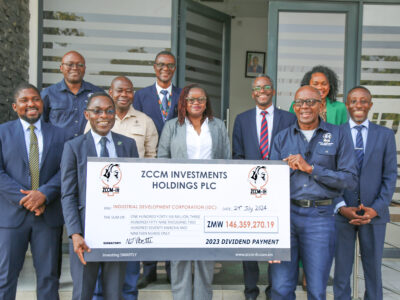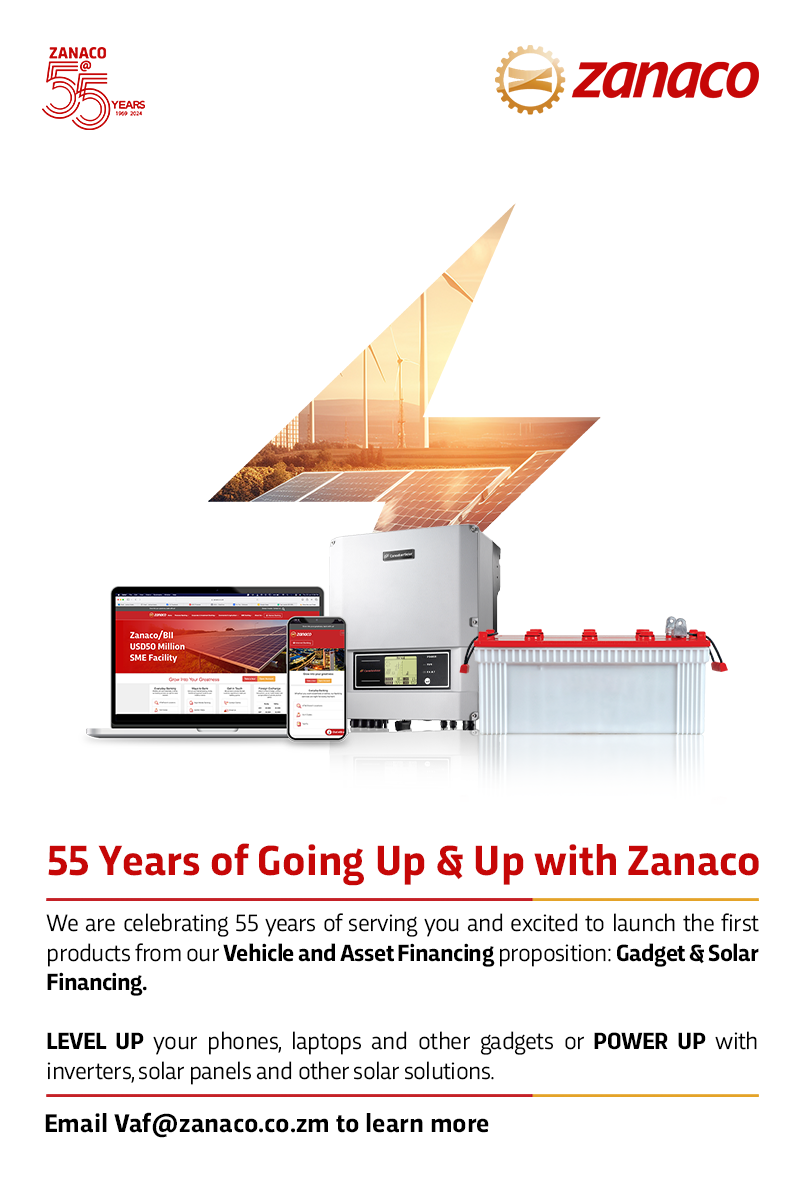The Zambia Revenue Authority (ZRA) has announced a strategic shift towards electronic transactions, with 99 percent of payments currently being performed from the digital platforms.
The strategic shift towards electronic transactions was expected to create a streamlined, secure, and technologically advanced system for revenue collection.
This is according to the ZRA Corporate Communications Manager, Oliver Nzala, in a statement issued on Tuesday.
“The Zambia Revenue Authority (ZRA) has digitalised its payment processes, with 99 percent of payments currently being performed electronically.
“The milestone reflects the Authority’s commitment to innovation, efficiency, transparency, and modernisation in the tax payment system,” Nzala said.
Read more: Over 200 cases under investigations for VAT fraud —Zambia Revenue Authority
He noted that ZRA’s digitalisation of payments served a comprehensive purpose, including reducing collection costs, enhancing the taxpayer experience, mitigating fraud risks, minimizing queues, improving efficiency and accountability, and expanding payment options.
Nzala, however, mentioned that the introduction of Electronic payments (e-payments) saw a modest uptick in electronic transactions, although 90 percent of taxpayers continued to rely on manual payment methods.
E-payments in the Authority were introduced between 2012 and 2013 after the replacement of the Real-Time Gross Settlement (RTGS) for large payments which had marked the first step towards incorporating electronic systems into the payment framework.
According to Nzala, ZRA had successfully collaborated with all banks in the country by 2020, three major mobile network providers and a payment integrator.
He explained that this partnership marked a substantial shift towards digitalisation in revenue collection as it significantly boosted the adoption of electronic payment transactions to an impressive 80 percent mark.
Nzala also stated that in December 2023, ZRA implemented the Integrated Payment System (IPS), leading to the introduction of customs payments on mobile platforms.
The IPS was aimed at simplifying the payment and collection of taxes by offering greater convenience to taxpayers.
“This development was a significant move towards embracing digital solutions, as ZRA leveraged IPS along with platforms like TaxOnApp, TaxOnPhone, Customs Portal, TaxOnline Portal, and WhatsApp Payment.
“The introduction of the Integrated Payment System (IPS) has played a pivotal role in making customs payments more accessible and convenient for taxpayers through various mobile platforms,” he said.
WARNING! All rights reserved. This material, and other digital content on this website, may not be reproduced, published, broadcast, rewritten or redistributed in whole or in part without prior express permission from ZAMBIA MONITOR.













Comments